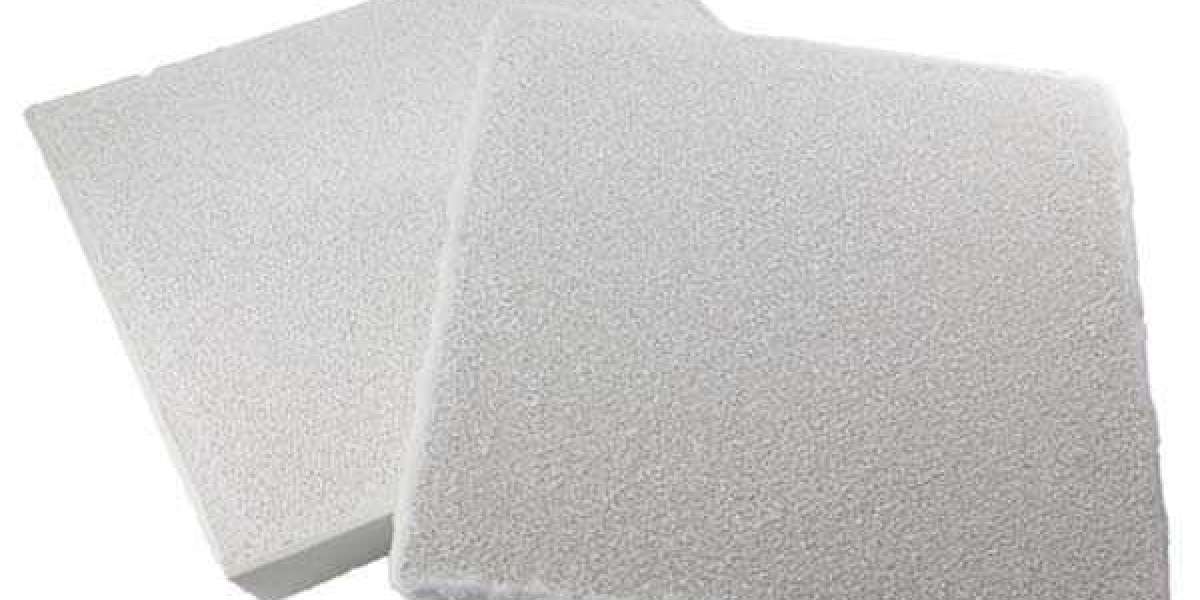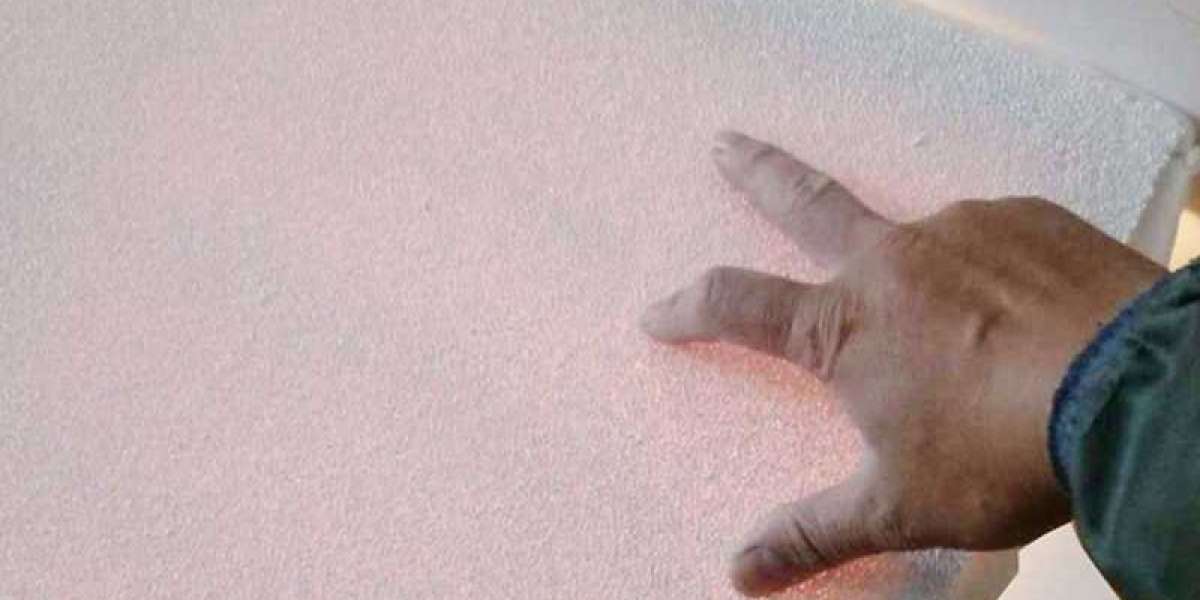These ceramic foam filters are designed for molten-casting metal. Thanks to the mechanism of creation of the “filter cake” on the inlet filter side and thanks to depth filtration inside the ceramic matrix, these ceramic foam filters are an effective instrument to reach the metallurgical purity of molten metal during the process of casting. The filters also calm molten filling, thus preventing the creation of undesirable defects in the casting.
These filter features are conditioned by the open 3D structure of the ceramic matrix created by the system of mutually interconnected cells. They are characterized by a very good thermal conductivity, stability, and resistance to sudden temperature changes.
Types of ceramic foam filters are conditioned in particular by requirements for their application. Filters for filtration of nonferrous metal alloys (casting temperature up to 1000 °C), filters for filtering cast iron with flaky and spheroidal graphite, and filters intended for steel filtration are therefore used in practice. Al2O3, SiC, ZrO2, or graphite-based filters are applied depending on the cast material.
Alumina Ceramic Foam Filter For Metal, like a sieve, prevents the inclusion of particles and their agglomerates whose size is larger than the pore size of the filter surface.
Cast aluminum is a process in which aluminum in a molten state is poured into a mold and cooled to form aluminum parts of the required shape. The aluminum used in cast aluminum is called a cast aluminum alloy.
Cast aluminum: It is a kind of pure aluminum or aluminum alloy ingot prepared according to the standard composition ratio, and then artificially heated to turn it into the aluminum alloy liquid or molten state, and then the aluminum liquid or the molten state through a professional mold or corresponding process A process in which aluminum alloys are poured into the cavity and cooled to form aluminum parts in the required shape.
.







